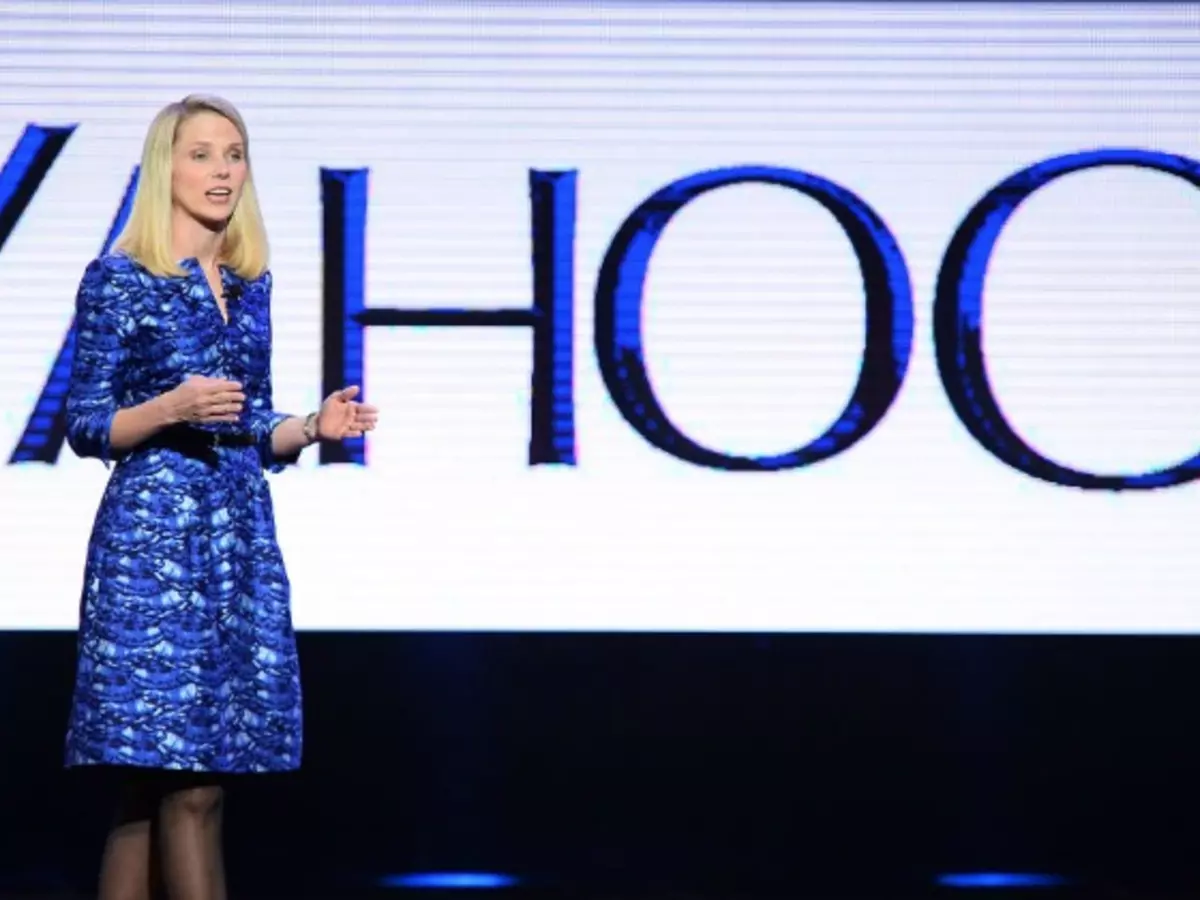500 Million Yahoo Accounts Hacked In What's Being Called The Biggest Internet Security Breach Ever
According to Yahoo, the data stolen includes email ids, passwords, phone numbers, date of birth and encrypted passwords, but they can't say if unprotected passwords, payment card data and bank account information are stolen or not.

In what looks like the biggest breach ever in the history of the internet, Yahoo on Thursday reported a cyber crime, affecting as many as 500 million users.
Yahoo discloses two-year-old data breach of 500 million users https://t.co/JUXmrDIqNU
¡ª billboard (@billboard) September 23, 2016
Information of all the users was stolen from its network in 2014 by what they believe was a state-sponsored professional.
According to Yahoo, the data stolen includes email ids, passwords, phone numbers, date of birth and encrypted passwords, but they can¡¯t say if unprotected passwords, payment card data and bank account information are stolen or not.
¡°This is the biggest data breach ever,¡± said well-known cryptologist Bruce Schneier.
A lot of things are yet to be discovered and revealed and that is why no one is sure about the harm that such breach might cause. Users, however, remain paranoid and helpless in this situation.

newyorker
Yahoo said it was working with law enforcement on the matter. The FBI said it was aware of the matter, and the U.S. Secret Service was not immediately available for comment.
Yahoo was recently in talks with Verizon, which wanted to buy Yahoo¡¯s core internet properties for $4.83 billion. This is another reason why a lot of users believe that Yahoo kept the information under folds.
Will Yahoo¡¯s data breach derail Verizon deal? https://t.co/cZEYbaZv9v ?
¡ª Wall Street Journal (@WSJ) September 23, 2016
Companies often take months or even years to report suspicions of breaches - if they report them publicly at all - holding the information back from customers, business partners and even potential new owners of a company.
"Yahoo is working closely with law enforcement on this matter," Company Chief Information Security Officer Bob Lord wrote in a blog.
